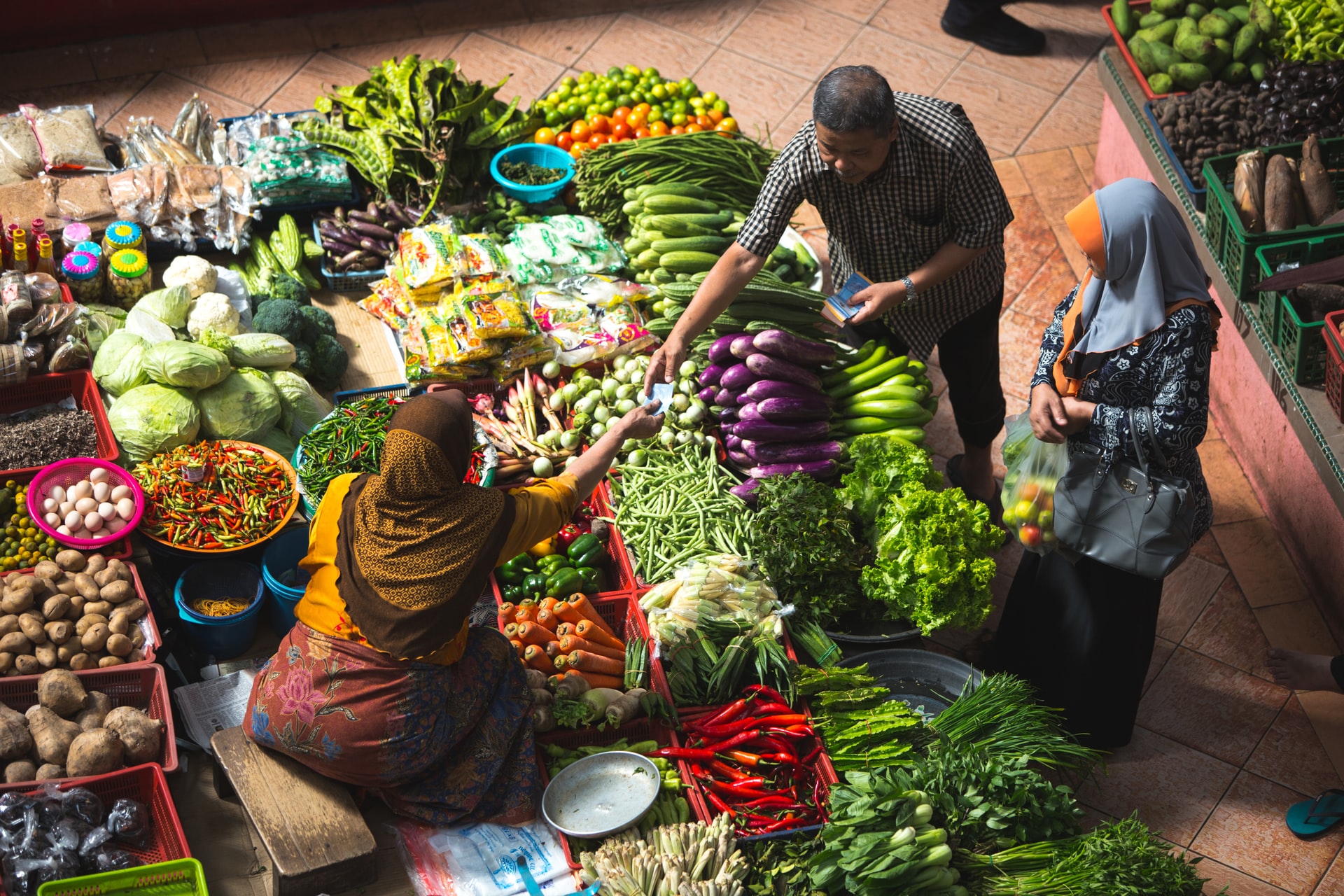News
ICLEI and FAO release list of 21 cities selected for Urban Food Systems project
ICLEI – Local Governments for Sustainability and the Food and Agricultural Organization of the United Nations – FAO have collaborated, once again, to convene the “Multi-sectoral Dialogues on Urban Food Systems in the Global South” in 2022.
Altogether, 11 cities from Africa and 10 from Latin America have been selected to participate in the project.
The participating cities are either metroes or secondary cities and are committed to the development of governance processes and public policies related to transforming their urban food systems.
In Africa, 11 cities and provinces have been selected to participate in the project engagements. In Latin America, which had the participation of 21 cities, 10 were selected.
The selected cities are
Africa:
- Kenya: Kisumu, Mombasa, Nairobi, Nakuru;
- Senegal: Bambilor, Dakar, Kaffrine, Koungheul;
- South Africa: Gauteng (Johannesburg), KwaZulu Natal (Durban) and Western Cape (Cape Town).
Latin America:
- Argentina: Godoy Cruz, Perez, Rosário;
- Brazil: Barcarena, Maricá, Niterói;
- Colombia: La Estrella, Rionegro, Sabaneta;
- Ecuador: Cuenca.
About the project
The aim of the project is to build and consolidate the processes and mechanisms for promoting multi-stakeholder dialogues on urban food systems as a follow-up to the UN Food Systems Summit established in Africa and Latin America. In so doing, the project will contribute towards strengthening multi-level food system governance linkages between the local and national levels through supporting the different levels of government to understand their roles in shaping the urban food system. Moreover, as part of the engagements and dialogues, the project will offer a platform to promote technical knowledge exchange and peer-to-peer learning between cities as well as a space for them to highlight ongoing food systems initiatives and experiences in their cities.The selected cities will network to improve governance and public policies aimed at sustainable, circular, fair and resilient food systems.
Project engagements will take place throughout 2022 with the selected cities. Among the proposed actions are food system labs, webinars to exchange experiences and virtual meetings on urban food systems, among other activities.
The key outcomes from the engagements will inform strategic documents for “Bridging the national-local food policy and governance gaps” as well as “Strategies for supporting countries and cities to implement national food systems pathways.” These will be incorporated in upcoming events on a regional or global scale, such as the #AfricanCITYFOODMonth Campaign in July, Milan Pact Conference in Rio de Janeiro in October and the Climate COP27, which will be held in Egypt this November.


